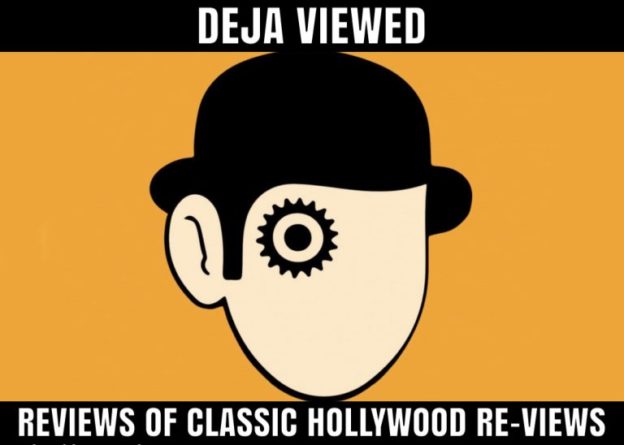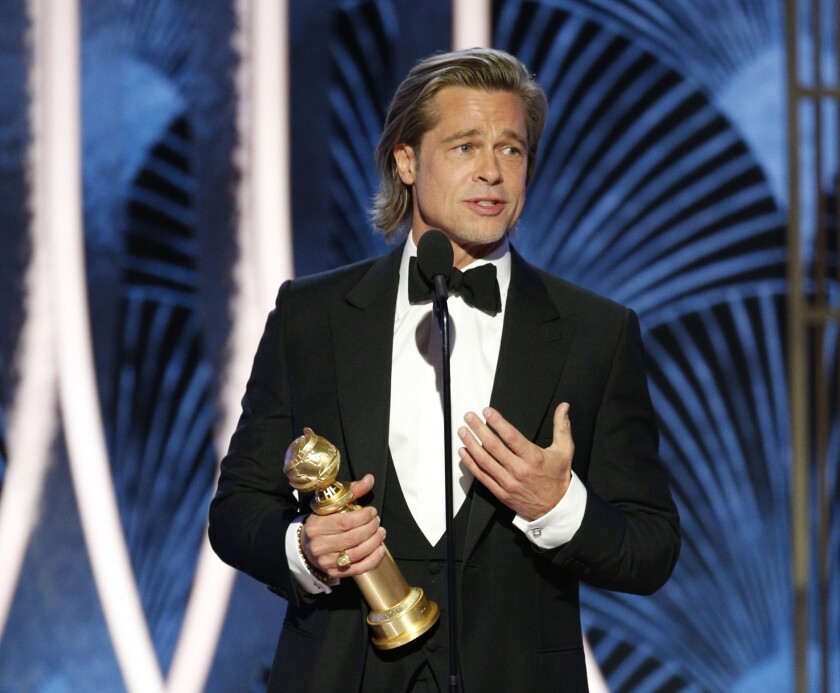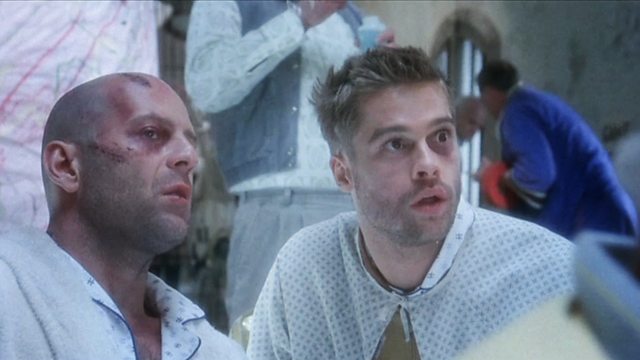
The HollywoodBowles podcast looks at Quentin Tarantino’s America.


The HollywoodBowles podcast looks at Quentin Tarantino’s America.

All of Quentin Tarantino’s films have a confessional element to them. Whether it’s the bawdy interpretation of Like a Virgin lyrics in Reservoir Dogs or a thesis on European fast food in Pulp Fiction, it’s clear the director seasons his films to his own idiosyncratic taste.
So it should come as no surprise that Tarantino calls True Romance, the director’s first script and second produced film, his most autobiographical story.
What is surprising, seeing the movie 28 years later, is just how much Tarantino played out his comic book, fanboy fantasies in the Tony Scott film. And how starkly it stands as a remake of the 1973 Terrence Malick crime classic Badlands.
Released on the heels of Reservoir, Romance had one of the finest casts ever featured in a campy action film. Consider this star power: Brad. Pitt, Christopher Walken, Dennis Hopper, Gary Oldman, Val Kilmer, James Gandolfini, Sam Jackson and Michael Rapaport and Tom Sizemore. And they were supporting stars: Christian Slater and Patricia Arquette anchored the movie.
ReSet in Detroit (for perhaps three street scenes), Romance tells the story of Clarence, a lonely pop culture geek who marries a call girl, steals cocaine from her pimp and sells it in Hollywood. Meanwhile, the owners of the cocaine, the Mob, track them down to reclaim it.
The plot is so entwined with what would become Tarantino’s signature flourishes — operatic violence, rock-infused soundtrack, Mexican standoffs — that it’s easy to miss that the screenplay is an updated retelling, and a harbinger of Tarantino’s emerging filmmaking style.
For the uninitiated, Badlands was the breakout feature film of Martin Sheen and Sissy Spacek. The film’s plot and lead characters were based on Charles Starkweather, 19, and Caril Fugate, 14. In 1958, they embarked on a murder spree that horrified the country, dispatched the National Guard and left seven people dead.
The film made stars out of director and actors, though the it earned much criticism for its near childlike fascination with the slayings (the movie is told through Fugate’s wide eyes). While Malick did not blanche at the violence (one scene illustrated the slow, agonizing lethality of a gunshot wound to the stomach), some critics excoriated the director for making heroes out of the killers.
Released 20 years later, Tarantino’s story seemed a fuck-you to those critics. Here, Clarence is goaded into violence. He may have ordered a pimp to watch his own execution, but unlike Badlands, the film makes no secret about heralding the killer. Hopper, who plays Clarence’s ex-cop father, praises his son for taking out the trash. Detectives on the hunt admit they can’t help but like the kid. And his wife, a hooker with a heart of gold, keeps cooing in his ear: “You’re so cool, you’re so cool, you’re so cool.”
These tropes would derail a lesser film. Here, they are scaffolding for Tarantino’s ascending narrative tone. In the quarter-century to follow Romance, Tarantino created a distinct directorial strategy: Take an iconic moment or period in American history, and give it the movie ending Americans would have preferred. Consider his most revered successes (spoiler alert):
Although Romance (like Natural Born Killers) was not directed by Tarantino, the movie is a fascinating glimpse into the formative years of one of the nation’s most important filmmakers, as well as a fun glossary of Hollywood A-listers, who were glomming onto Tarantino scripts in the 90’s after Reservoir. Pitt, in particular, is memorable in a stoner role nearly completely ad-libbed. The characters are as deep and complex as a Slip-N-Slide, but just as fun.
All great American artists have a vision of the country. Bruce Springsteen has an America. David Simon has an America. Beyonce has an America. Even Borat has an America, though he calls it Yankeetown.
Quentin Tarantino has an America. An angry, blood-soaked, rock n’ roll America. He may be the Ken Burns of fictional filmmaking: In Tarantino’s hands, America turns ugly fast. But it looks great doing it.

Warning: Spoilers loose here!
First, full disclosure: I love Once Upon a Time…in Hollywood. I think it’s one of the best movies of the year, one of Tarantino’s finest in a career of fine films, and as fitting an homage to Los Angeles’ Golden Age of film as any ever rendered. And it’s getting too much praise.
Hollywood has been nominated for 10 Oscars, and has already collected 102 trophies over more than a dozen award ceremonies, including the Golden Globes and the BAFTAs.
Those plaudits for the films aren’t the problem. The problem is the praise heaped on supporting star Brad Pitt. He, like the film, has been showered in praise and gold plating, nabbing a Best Supporting Oscar nomination and taking home supporting acting statuettes from said Globes/BAFTAs. Should Pitt win the Oscar, his first order of business should be to thank Tarantino for pulling off the greatest heist since Ocean’s Eleven. In fact, classic films were part of the heist.
You see, Tarantino is this year’s Oscar’s darling for his love letter to 1960’s Hollywood, when the industry’s ability to sell a concocted happiness was at its peak. Families were nuclear and daddies knew best. Kids didn’t swear, adults didn’t screw, and cowboys didn’t miss or bleed (unless they were bad). Killers met with unfettered justice — often dealt out by likes of Rick Dalton, Tarantino’s leading man in Hollywood.
Dalton is one of those Bonanza cowboys, at least on the outside. Steady. Steely. Sure-handed. Inside, though, he’s a wreck. He drinks too much, swears up a storm, has a nervous stutter, and is having trouble coming to terms with age and relevance.
Now consider Cliff Booth, Pitt’s likable, buff stunt double to DiCaprio’s Dalton in Hollywood. Cliff is an understated Missouri boy who, in the span of three hours, saves his buddy’s career, kicks Bruce Lee’s ass in a street fight and single-handedly prevents the Manson family murders. He is as stalwart a Hollywood hero as any produced 50 years ago. And like all good 60’s movie cowboys, his acting sucks.
Like, really sucks. I challenge anyone who has seen the film: Name one scene in which Pitt is called upon to act. One scene in which he sheds a tear. Or loses his temper. Or becomes nervous, uncomfortable or caught unawares. He is Shane, mysterious, unflappable and Ivory pure.
This isn’t Pitt’s fault. He’s a solid actor (See Twelve Monkeys, Moneyball, The Curious Case of Benjamin Button). It’s just he’s playing John Wayne without the temper, and is never asked to express anything approximating range. Tarantino must know: DiCaprio acted circles around Pitt, gaining weight, shedding tears, allowing insecurities to surface. But while Pitt won honors, DiCaprio had to settle for honorable mentions among the Globes and BAFTAs.
Not that anyone need shed a tear over Hollywood‘s fortunes. But if Pitt manages to pull off a win, and beat co-nominees Al Pacino, Anthony Hopkins, Joe Pesci and Tom Hanks, he should silently signal to Tarantino Sting-style, with a nod of the head and forefinger gently brushing his nose. 
Because that’s a helluva take.